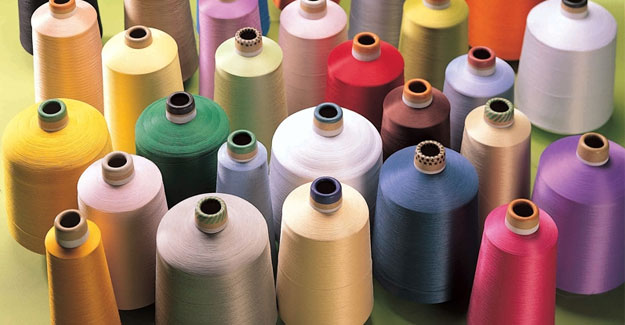
Removal Of ADD On PTA To Benefit MMF Textile Sector
India Ratings and Research (Ind-Ra) believes the withdrawal of the anti-dumping duty (ADD) on purified terephthalic acid (PTA) would further improve the affordability of man-made textiles, giving it an advantage over cotton. With the abolition of the duty, the PTA spread of Rs 7-8 per kg (import landed price over domestic) will reduce over the near term, with landed PTA being cheaper by Rs 4-6 per kg. This would lead to the prices of finished products falling by Rs 3-5 per kg, which would give a boost to demand. In addition, the removal of the duty would lead to higher imports, thereby reducing supplier concentration and improving the bargaining power of downstream producers. Consequently, there would be an improvement in the profitability and credit metrics of sector companies. Ind-Ra's man-made textiles portfolio includes companies such as Wellknown Polyesters Ltd ('IND A1+'), Indo-Rama Synthetics (India) Limited ('IND BBB-'/Stable), and AYM Syntex Ltd ('IND A'/Negative). However, the abolition of ADD would adversely impact the profitability of PTA players. There are only four suppliers of PTA in India - Reliance Industries Limited (RIL; 'IND AAA'/Stable/'IND A1+'), MCPI Private Limited (MPCI), Indian Oil Corporation Limited (IOCL; 'IND AAA/Stable') and JBF Industries Limited (JBF). India had imposed ADD of US$ 85-160 per tonne in 2014, and had extended the same in 2016. However, despite ADD being in place, the country witnessed imports of 0.5 million tonnes annually during FY16-FY19 to support domestic consumption, with the landed cost being 10%-15% higher than domestic prices, from countries such as Thailand, South Korea, China and Taiwan. During February 2020, PTA prices fell by 10% on account of a fall in crude prices, resulting from a decline in demand for the same. Prices are likely to fall further in FY21. PTA, along with mono ethylene glycol (MEG), accounts for 70-80% of the total raw material cost involved in for the manufacturing of chips and granules in the MMF sector. In FY19, India had a PTA production capacity of around 7 million tonnes; of this, RIL accounted for a capacity of 5 million tonnes (including 0.6 million tonnes in Malaysia), and other players such as MCPI, IOCL and JBF constituted the balance. Players in the industry typically operate at 75-80% capacity. RIL has captive consumption of around 60% of its total PTA production for downstream products of polyester oriented yarn (POY) and polyester staple fibre (PSF). The balance is sold in the market. During FY11-FY19, domestic PTA sales were fairly stable at around 3.4 million tonnes, with no major capacity expansion. The agency believes that the removal of ADD will exert pressure on the realisations of domestic PTA manufacturers and lead to increased imports from countries like China. However, the Covid-19 (coronavirus) issue in China would remain a key monitorable, as the same has led to uncertainties regarding supply in the short term. China has a PTA production capacity of 45 million tonnes, of which 35 million tonnes is consumed locally, and the remaining is exported. While there would be a one-time inventory loss with downward correction in inventory, the removal of the duty would lead to the easing of working capital requirements for MMF players. The benefits would cascade to the entire MMF value chain, including technical textiles, home textiles, dress materials, sarees and other sportswear industry. The agency expects recycled PSF (RPSF) manufacturers to witness margin pressures in the near term, as virgin PSF manufacturers are likely to partially pass on the decrease in input costs post the removal of ADD on PTA. However, RPSF producers have decent bargaining power with their suppliers, and might be able to negotiate reduced prices for PET waste with a lag of about two-to-three months. While the removal of the ADD is credit positive for the man-made textiles sub-sector, the overall textile sector, which has witnessed a slowdown in demand over the past two years, might continue to record weak demand growth owing to negative consumer sentiments.
Textile Excellence
If you wish to Subscribe to Textile Excellence Print Edition, kindly fill in the below form and we shall get back to you with details.













